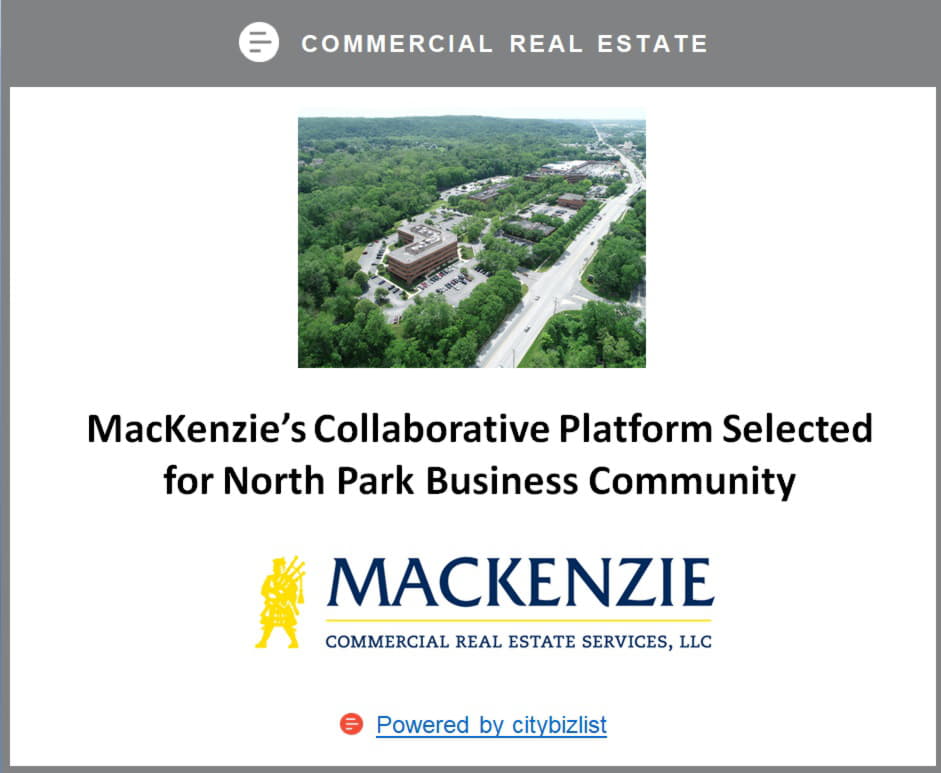
In recognition of National Recovery Month, addiction experts at Enterhealth, a Dallas-based drug and alcohol addiction treatment company, are raising awareness about a life-changing aspect of addiction that often isn’t talked about. Among the most important things to understand about addiction recovery is that the person struggling with addiction isn’t the only one who needs to recover. Enterhealth Chief Medical Strategist Harold Urschel, M.D., M.M.A., author of the New York Times bestseller “Healing the Addicted Brain,” says addiction significantly impacts and alters the dynamics within a family. This often causes family members to develop unhealthy coping skills to deal with the stress, which must all be unlearned if they are to begin healing and return to a normal life. What’s worse, these behavioral changes arise over the entire course of the addiction, so most family members often don’t even recognize that there’s a problem.
“The behavior of a substance abuser often mimics that of a variety of psychiatric disorders ranging from manic depression to Alzheimer’s, in which the addict is completely out of touch with reality,” said Dr. Urschel. “The out-of-control and unpredictable nature of these behaviors puts a huge amount of stress on family members. At Enterhealth, we are laser-focused on healing the family from the side effects of addiction while their loved one receives the medical attention and treatment they need to get sober.”
According to Dr. Urschel, as much as the patient is addicted to drugs or alcohol, the family is addicted to the behaviors of addiction – meaning the reactions, excuses and the cycles of emotional distress that develop when dealing with a loved one who uses drugs or alcohol. The built-up stress of living with a loved one battling addiction can cause dramatic changes in the brain chemistry of every member of the family. As the addiction continues to progress, the family unknowingly enables their loved one’s behavior, “until they can stop on their own.” The family of an addict can become so entangled in caring for their loved one’s addiction that they start losing track of taking care of their own health. Family members of addicts expend a significant amount of energy on caretaking and covering up the negative behaviors connected with addiction. The stigma attached to addiction also puts family members in a state of isolation. They tend to worry about who will learn about their loved one’s addiction and stress over how the addiction can remain a secret until the problem is “fixed.” These new family dynamics and the feelings that accompany them are surprisingly destructive, and can cause any family to become dysfunctional.
Here are some common symptoms of family members affected by living with addiction:
· Difficulty managing anger.
· Isolation or withdrawal from friends and family.
· Excess irritability.
· Insomnia or excessive sleep.
· A constant state of exhaustion.
· Depression, anxiety, mood swings.
· Loss of interest in personal hygiene and appearance.
· Substance abuse in other family members.
While getting the substance abuser sober is only the first step in the healing process, everyone in a family affected by addiction needs help. Family members must learn new stress management techniques for healthy interaction and coping, as well as how to address their individual issues or needs in order to heal with their recovering loved one as a unit. If the family is left untreated, the individual in residential treatment will return to the same stressful, unhealthy environment with dysfunctional interactions, making relapse more likely.
“Families dealing with addiction who participate in individual and group family therapy can typically expect to see a healthier family dynamic within six months to one year,” said Dr. Urschel. “That may seem like a long time, until you consider how long a family has been living with the deteriorating ways of addiction in every aspect of their lives.”









